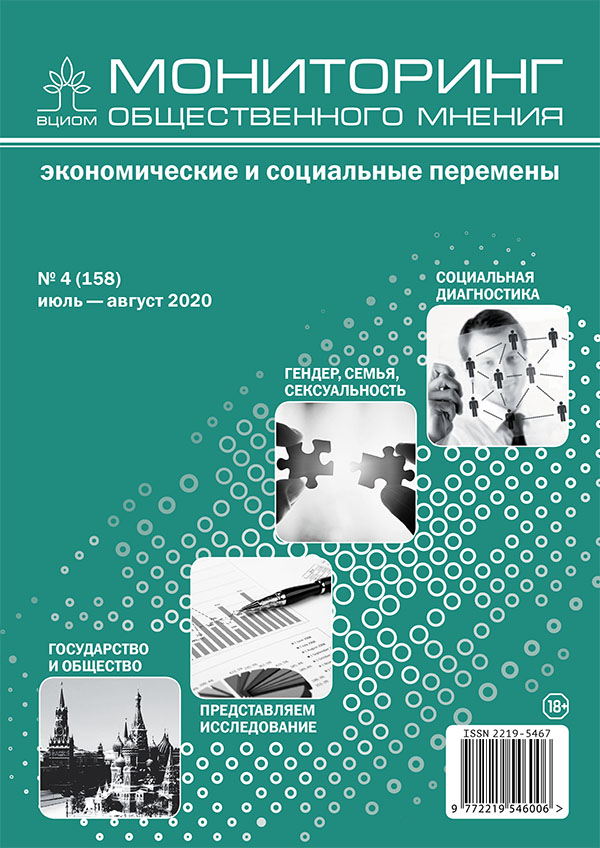Gender Relations in the Media Industry in Russia, Armenia and Moldova: Employment, Prospects for Career Growth and Influence on Content
DOI:
https://doi.org/10.14515/monitoring.2020.4.1645Keywords:
media industry, employment, gender gaps, gender discrimination, gender stereotypesAbstract
Feminization of the workplace in the media area is a relatively recent phenomenon, and today this industry is widely represented by women. The article presents the findings of a study which was thought of as a comparative study and conducted using the same tools in Russia, Armenia and Moldova. This made it possible to discover and analyze the general and the specific both in the development of mass media in these countries and in the situation of women and men employed in the industry. The methods used in the study are as follows: (1) a questionnaire survey among the media employees holding decision-making and creative positions (N = 625), (2) in-depth structured interviews with experts (N = 11) who have worked as professional journalists, chief editors, heads of journalistic organizations, owners and co-founders of online media outlets, (3) analysis of documents involving information in the “Atlas of Municipal Media in the Russian Federation”, online media websites and the data from the studies conducted by other authors on the same topic.
The study proves the existence of feminization in mass media, describes the factors behind it and the problems related to gender inequalities in terms of work pay, employment procedures, opportunities to hold decision-making positions, to choose the topics of the publications, etc. Despite the fact that there are certain practices discriminating women, most of respondents employed in mass media deny the existence of gender discrimination in this industry. This is partly due to journalists’ perception of gender segregation as a norm rather than violation of labor and social rights.
Acknowledgments. The article is based on the results of the studies conducted in 2016-2020 and supported by Fojo Media Institute of Linnaeus University (Sweden) and ANRI Media (Russia). The authors would like to express sincere gratitude for the assistance and support in the implementation of the study.
Downloads
Published
How to Cite
Issue
Section
License
Copyright (c) 2020 Monitoring of Public Opinion: Economic and Social Changes Journal (Public Opinion Monitoring) ISSN 2219-5467

This work is licensed under a Creative Commons Attribution-NonCommercial-ShareAlike 4.0 International License.






